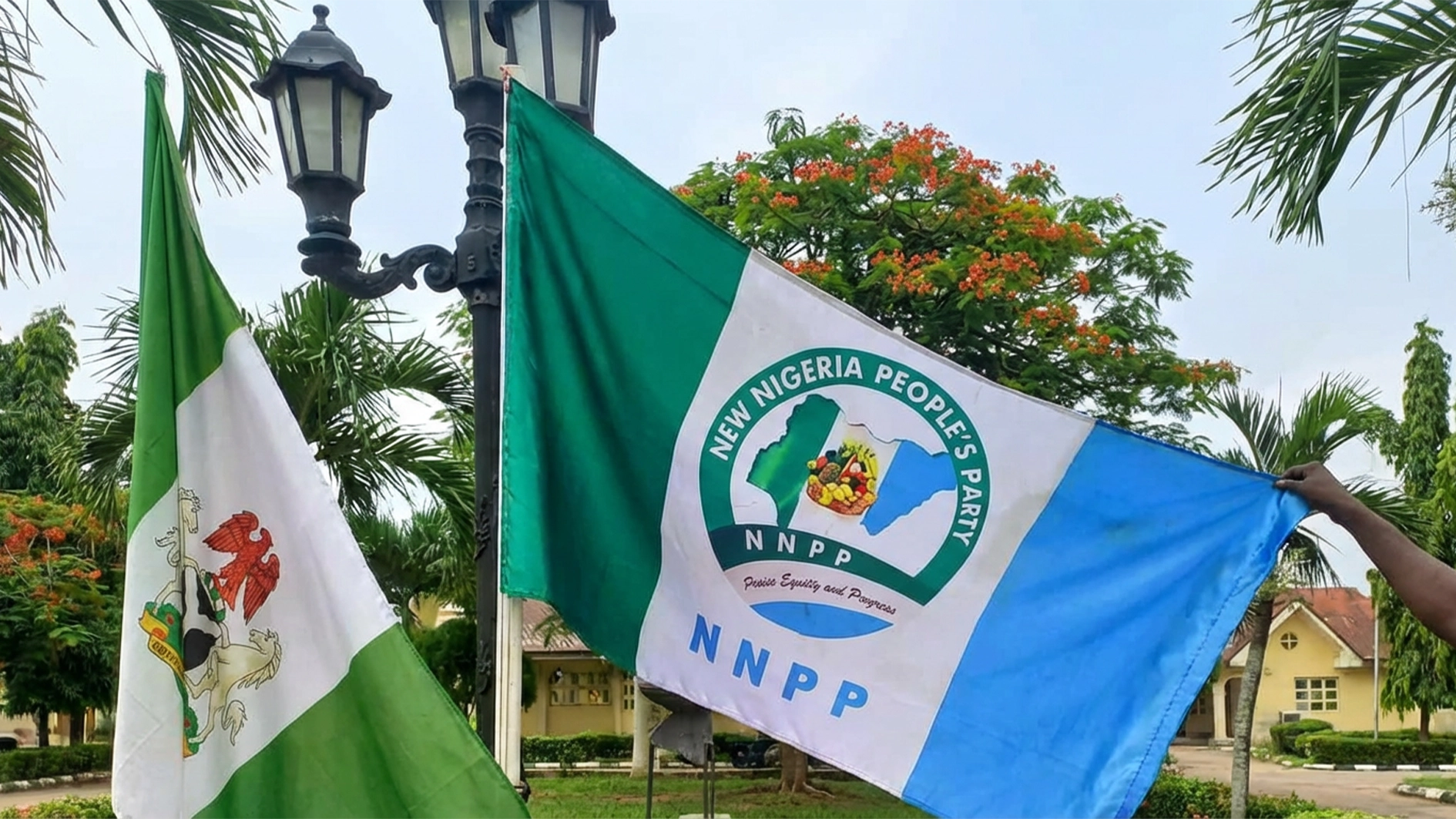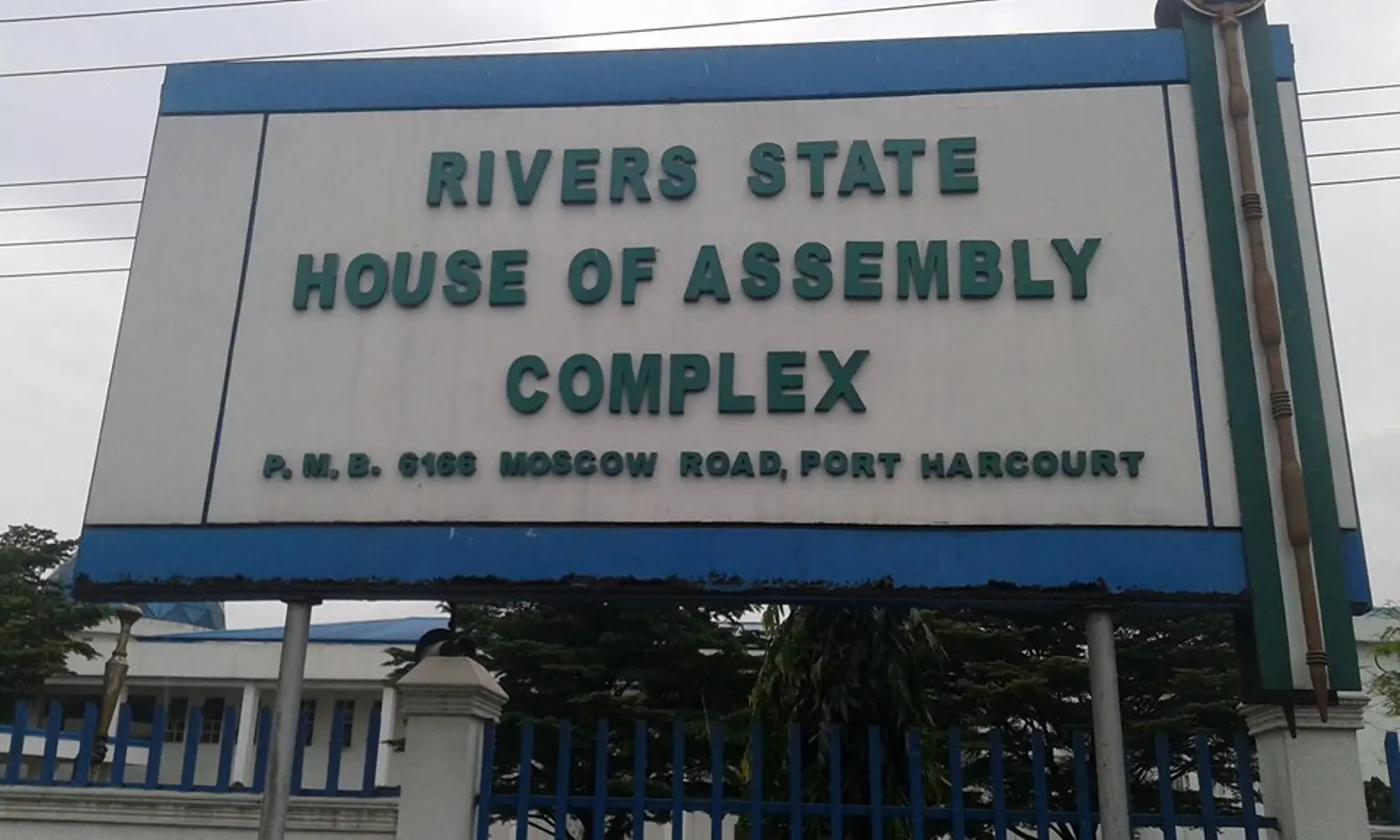
Immediately after the military ousted President Mohamed Bazoum, on July 26, West African leaders, and indeed world leaders, condemned the usurpation of constitutional rule in the West African country and called for its restoration.
This was reechoed, by the regional bloc on July 30, when it gave the coup plotters a seven-day ultimatum to restore constitutional order by returning the democratically elected leader to office or face dire consequences.
The ultimatum, which came four days after the coup d’état was a product of the emergency meeting of ECOWAS leaders in Nigeria. It was not the only measure deployed by ECOWAS to help in restoring democracy to the Niger Republic. ECOWAS leaders also asked member states to shut their land and air borders against the Niger Republic, as well as freeze the country’s assets within ECOWAS states.
But reacting to the ultimatum, the coup leaders refused to dialogue with the ECOWAS’ delegation to Niamey, which was led by former Nigerian military leader, General AbdulsalamiAbubakar (retd), with the Sultan of Sokoto, Muhammadu Sa’ad Abubakar also in the team.
This visit was, however, followed by the show of support to the military junta in Niger, by leaders of Mali and Burkina Faso, who promised to provide military support for the Niger Republic should ECOWAS go ahead with its threat of military intervention. There were also insinuations that Guinea Conakry might join in the provision of military support since the current leaders of these three countries equally got into power through coup d’état, and have also been suspended from ECOWAS.
It was when the cat and mouse game between the Nigerien junta and ECOWAS appeared unending and uncertainty loomed in the region, that stakeholders, especially religious leaders fearing that the situation may escalate decided to intervene.
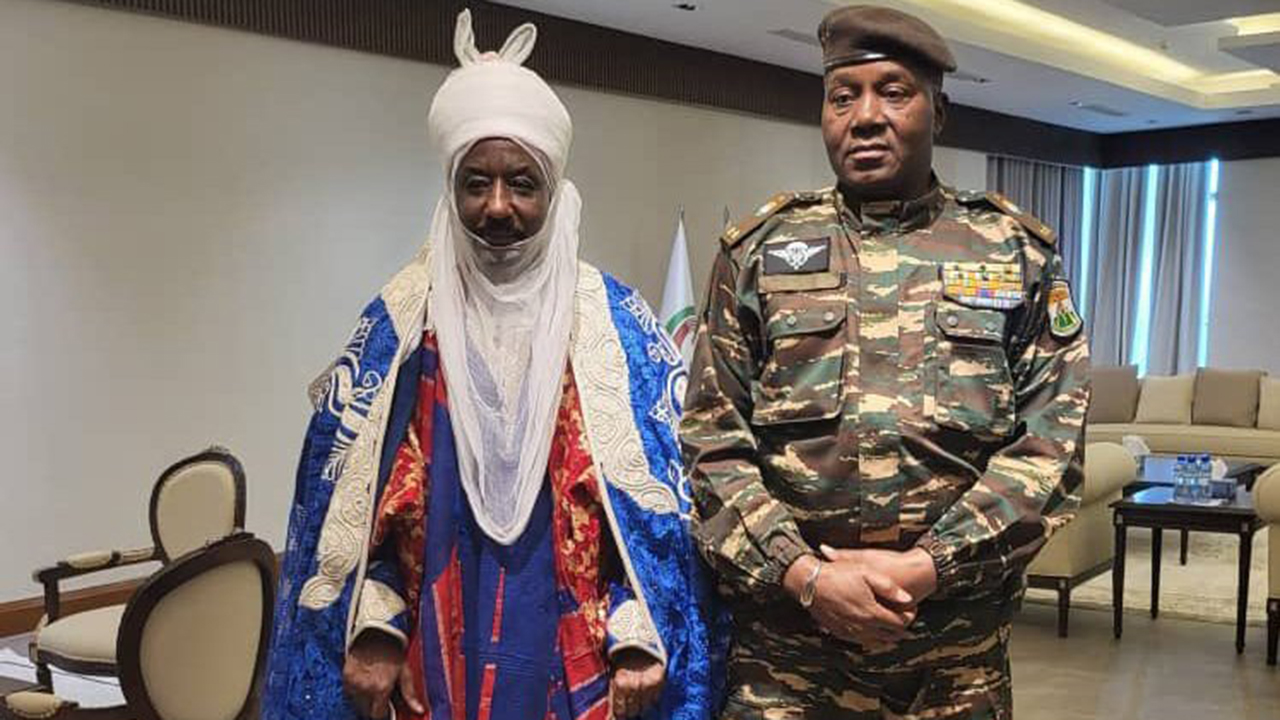
The first was the 14th Emir of Kano, Sanusi Lamido Sanusi, and then some Islamic scholars.
The team of Islamic scholars included Kabiru Gombe, the secretary of Jamatul izalatul bid’a waikamatul sunnah; Yakubu Katsina, director of Daawah of JIBWIS; Dahiru Bauchi, represented by Ibrahim Bauchi, and Khalid Aliyu, the secretary-general of Jammatul Nasril Islam and Chief Missioner of Ansarudeen Society of Nigeria, Abdulrahman Ahmad. Bala Lau led the team of Nigerian Islamic scholars to meet with Abdourahmane Tchiani, the coup leader in Niamey.
Following the Nigerian Islamic scholars’ visit to Niamey, Tchiani not only agreed to meet with the ECOWAS team, but he also apologised for not accepting to discuss with the General Abubakar-led ECOWAS team and gave reasons for the decision.
Commenting on how the matter has panned out thus far, a former Deputy Special Representative of the United Nations Secretary-General for Somalia, and Professor of Political Science/International Relations, Chrisland University, Abeokuta, Ogun State, Professor Babafemi Badejo, said that ECOWAS and others have to stop living in denial.
“A coup has taken place and consolidated. It can be reversed if the hard-line positions are realistically handled. Diplomacy is, any day, superior to force and sanctions. Sanctions and threats, as well as, the actual butt of force have negative repercussions on both sides,” he said.
He insisted that ECOWAS has to focus on the restoration of constitutional order as opposed to the restoration of President Bazoum. “Diplomacy is not an event; it is a process. It takes some time for negotiations to yield success if we do not continue to blow hot and cold at the same time.”
Badejo noted that before the Nigerian and ECOWAS leaders thought about military intervention, they should have considered several factors. According to him, “Has the necessary resolution of the United Nations Security Council been sought with certainty that there will be no veto making an ECOWAS war illegal as ECOWAS got stopped over Cote d’Ivoire? Has costs and benefits analysis been done by the Nigerian authorities for the short, medium, and long-term, especially under the current financial problems that Nigeria is facing?
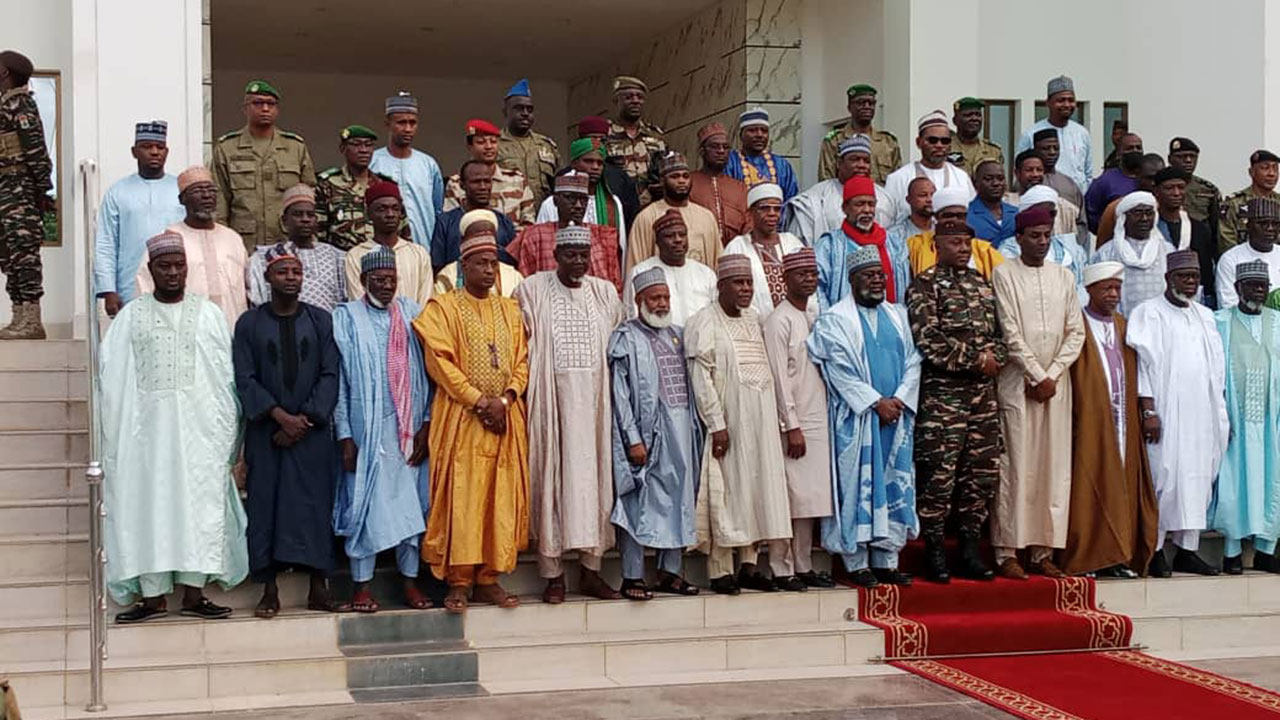
“Given the refusal to reimburse Nigeria’s efforts in Sierra Leone and Liberia in the past, is Nigeria able to fund a possible war with Niger Republic as others in ECOWAS cajole her to lead, and as usual carry most, if not all of the yoke? How will the ECOWAS leadership close Niger’s borders with Mali and Burkina Faso – countries with sympathetic military regimes to those in power in Niger, and the possible availability of counter air power instruments?”
Badejo continued: “Has Nigeria pondered on a perceived weak Niger Republic entering into a wider alliance(s), including with other stronger governments, organised and unorganised terror franchises?
“Has the Nigerian government carefully reflected on the Nigerien views, popularity, or not of the coup plotters, and the implications of this for any military action? Is Nigeria prepared to lead a process towards a truncated ECOWAS? Is Nigeria acting swiftly to please external interests, without thoughtful consideration of the all-round implications for ECOWAS, Nigeria, and its people if a Libya-type internationalised war starts next door?
He further said: “Diplomacy is superior to threats of the use of force that may be difficult or impossible to implement. Preventing coups in West Africa is not by sanctions and threats, but by addressing leadership deficit and corruption, curtailing negative external pressures, as well as the building of credible institutions to provide for the needs of the people.”
Similarly, Professor Freedom Onuoha, of the Department of Political Science, University of Nigeria Nsukka, noted that the coup plotters deferred to the Muslim leaders obviously in recognition of the respect shown them by the religious leaders, and to slight ECOWAS, especially having been convinced that ECOWAS leaders did not treat them with due respect by giving them just seven days to return Bazoum to office.
“I do not see the coup leaders accepting to return power to the ousted president given the possibility of a retributive trial of junta leaders, as well as the fact that doing so will invalidate any justification that the junta presented earlier as the reason for removing him in the first place.”
On better ways that ECOWAS could manage sundry crises going forward, Onuoha said that the regional body needs to recognise that any demand that it makes to the military, including the possible transition to a democratically elected government must be very realistic, measured, and forward-looking in the light of the complicated internal politico-economic and security situations within ECOWAS member states that could frustrate united front against the junta as well as the constellation of external forces in support of the Junta such as open solidarity from Mali and Burkina Faso and tacit support from Russia.
Aside from ECOWAS demanding the return of the ousted president, what other demands should be tabled by ECOWAS, Onuoha observed that it appears as though the ECOWAS is negotiating from a position of weakness given that its military ultimatum was a flop from a strategic point of view.
“What the ECOWAS can realistically demand is the safe release of President Bazoum and his family members; agreement on the timeline for transition to a democratically elected government, which will certainly take about eighteen months at the minimum; convening of a transitional authority or government to oversee the transition process; and exclusion of the junta from participation in the elections.”
Onuoha, however, implored the coup leaders to seize the opportunity to negotiate with ECOWAS and find an acceptable framework for the transition to a democratically elected government, especially in the light of the deterioration of the security situation in Niger Republic due to the redirecting of available forces to guarantee junta or regime security which created security vacuum being exploited by violent extremist groups and the biting effect of sanctions on the local economy and people.
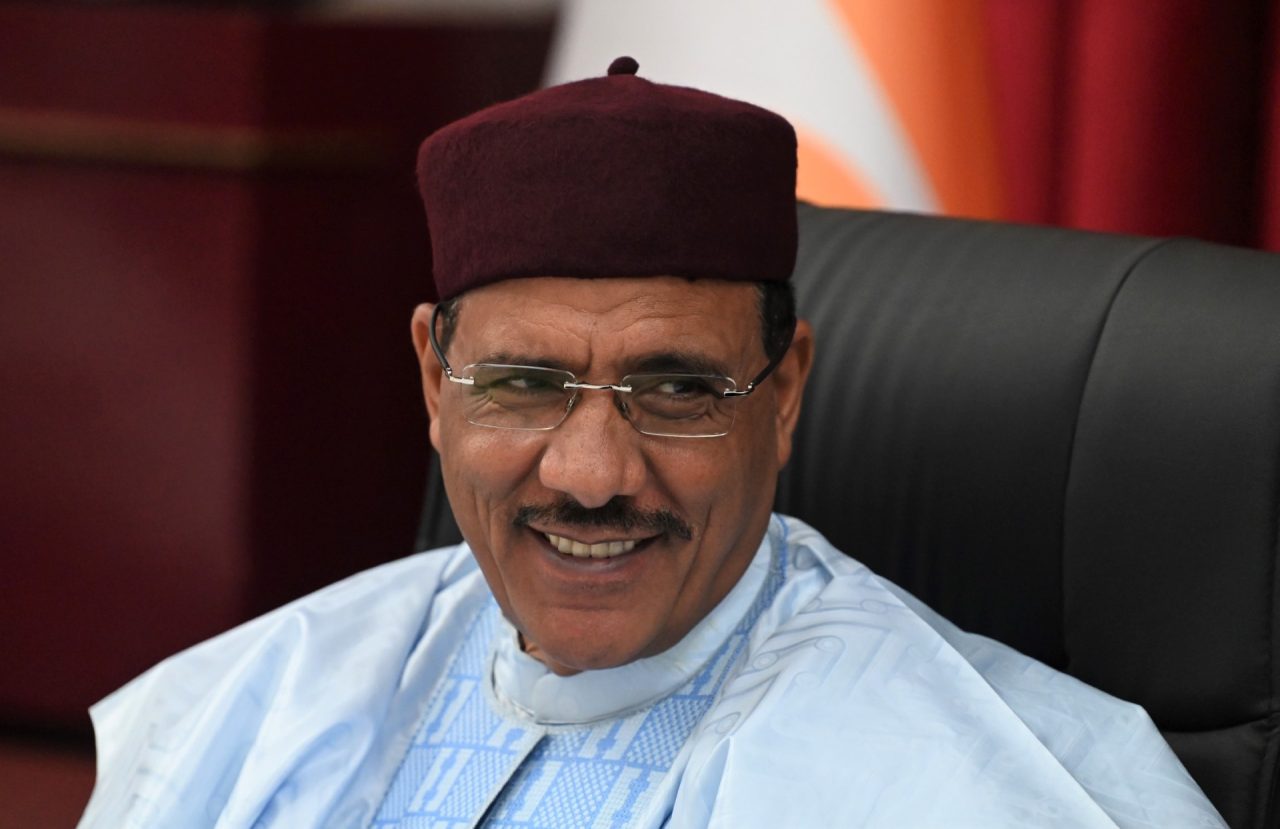
On his part, Professor Tayo Adeshina of the Department of History, University of Ibadan, speaking on the possibility of the ousted president returning to power, stated that it might be hard to imagine because it is now likely to turn into an ego problem between the president and his former protector.
“The way out may be an interim government that would not involve both of the actors. That will be the route to peace now. Since the commander of the brigade of guards who overthrew his boss has sympathizers and followers it will be unhealthy to return one or both of them to power. The soup has become sour now.”
On better ways ECOWAS can manage the crisis going forward, Adeshina stated that ECOWAS must recognize that the water has become muddied and to ensure peace, both actors must be persuaded to leave the scene for an interim arrangement. “No shot fired, no loss of lives, and no wasting of assets and resources.”
ECOWAS is demanding the return of the ousted president to office, and this is the cardinal point that it has continued to make since the incident occurred, but Adeshina thinks that returning the president to office now is not a good idea because “he has been thoroughly embarrassed and diminished. So, just arrange a safe passage out of the presidential palace for him, but the military must also step back.”
He added that the “coup leaders should lay down their arms, be given safe passage out of the presidential palace, provide a buffer force (not a fighting force), and then help create a new presidential guard. After the process has been completed, ECOWAS needs to address the French exploitation of Francophone countries once and for all.’’
Beyond just issuing threats after the military takeovers, what peer review mechanism can ECOWAS put in place to halt the recurring usurpation of constitutional governments in the region, a former director general of the Nigeria Institute of International Affairs, Professor Bola A. Akinterinwa, argued that the problem is not simply about putting in place a peer review mechanism, but more about the nature of a coup d’etats.
Akinterinwa, now a lecturer at the Department of International Relations, Achievers University, Owo, Ondo State, said: “In other words, what are the causal factors of the coup? Is the coup a military or a non-military coup? Is the coup a coup to change the government to govern, or a coup to ensure the people’s protection and survival? Is the coup externally sponsored? Whose interests are at stake in coup-making?
“Some unconfirmed reports have it that the ousted President Mohamed Bazoum had earlier spoken about France being unwanted in the country, and this explains why the pro-French Nigeriens wanted him out of office. This means that even if France is openly condemning the coup, there is no way France would not want to have Bazoum removed.
“Consequently, it is the answers to my questions that can help in seriously deterring coups d’états in Africa. Let us look at the first and second coups in Mali, which are generally described as a coup within a coup, because the first coup took place on 18 August 2020, and the second coup occurred about nine months after, in May 2021. The coups were people-oriented even though the military, led by Assimi Goïta led the coup. The Malians began the coup-making publicly through weeks of public demonstrations against President Ibrahim Boubacar Keita. In this regard, which interest will any peer review mechanism seek to protect? The elected president and his government, or the Malian people who elected the president?
“In halting recidivist coup incidents, emphasis must first be placed on differentiating between military and civilian coups so that it is not the people that are first made the target of sanctions, or declaration of war. Besides, it is not only the unconstitutional change of government, especially the sit-tight presidential politics, in which the leaders smartly, but fraudulently change constitutions to prolong their stay in power, but also the fraudulently rigged elections that produced presidents that are being protected by the ECOWAS and foreign governments.
“It is unbelievable that ECOWAS is condemning unconstitutional changes of government while also abetting, or acquiescing to illegal election riggings. Why condone election magouille and then adopt hostility towards an unconstitutional change of government?” He asked.
At the heart of most unconstitutional changes of government is usually a lack of good governance. So, how can West African leaders promote good governance in their domain, and what role can the African Union play in this?
Akinterinwa agreed that lack of good governance is more often than not, at the epicentre of coups-making, arguing that the role of the African Union cannot, but be to show greater commitment to the policy of non-acceptance of unconstitutional change of government.
“Showing greater commitment must begin with monitoring and ensuring fairness, justice, and equity in the governance of all member states of the African Union. The Peer Review Mechanism already begun at the level of the African Union should also be vigorously sustained and done at least twice yearly.
“One implication and message of the coup plotters in the Niger Republic is that greater emphasis is indirectly being placed on national sovereignty over supranational sovereignty of the ECOWAS. The coup is a rejection of the supranational authority of the ECOWAS. This cannot, but be a major source of concern, particularly in light of the many countries publicly expressing support for the coupists. While the cases of Guinea Conakry, Mali, and Burkina Faso can be understandable because they are currently under the AU-ECOWAS sanctions, that of Algeria is quite difficult to understand. True, Algeria has explained that its national security will be threatened by ECOWAS military intervention in Niger as the Niger Republic shares a border with Algeria.
“This is why Algeria has indicated that she will be supporting the coup makers. Consequently, one good way of promoting good governance is first, to avoid rigged and controversial elections as the basis of bringing politicians to power. Additionally, more regular peer review of rule-based governance in member states is strongly recommended.
“When governance is driven by fairness and equity, it will be unlikely to have civilians supporting coups d’états. Every stakeholder must therefore learn and accept that democracy is not simply about electioneering, but particularly about evolving a culture of transparency, and accountability, evolving democratic culture by particularly avoiding belligerency and settling societal misunderstandings by the principles of peaceful co-existence.
“Let me ask a question, can we talk about good governance when the ECOWAS failed to inform Mali and Burkina Faso about current developments in the Niger Republic? True, ECOWAS refused to carry Mali and Burkina Faso along because they are currently under ECOWAS sanctions. But should this be enough reason if we are mounting pressure against coup-making? Can a house divided against itself do anything tangible in the Republic of Niger? Good Governance is a priori, a culture that has to be evolved and developed. This is my position.”
If both parties refused to shift ground and ECOWAS decides to send troops to the Niger Republic what could be the implications for countries in the sub-region, especially as many of them are battling with dire internal security challenges?
Akinterinwa said that the implications can be many. “First, the ECOWAS cannot but begin to seek international support simply because the ECOWAS cannot be said to have the military capacity and capability to confront the Niger coup plotters successfully without engendering discomfort at the domestic level.
“Second, the President Bola Ahmed Tinubu-led ECOWAS will have a dogfight battle to do with many countries, including suspended member states of the ECOWAS, Algeria from North Africa, and the Wagner group of professional mercenaries and Russia to begin with. The further intrinsic implication here is that the war will have a known beginning, but the end time can at best remain speculative.
“Third, the ECOMOG cannot be quickly and easily resuscitated in a fire brigade manner. Fourth, the ECOMOG is not solvent enough to engage in that type of emergency warfare, and will, therefore, have to rely on Nigeria to a large extent in the conduct and management of the war. Fifth, sharper divisions between and among Francophone African countries will be more pronounced and Francophone African hostility vis-à-vis France will also reduce not simply the French, but also, the Western influence in Africa. This cannot but have the potential to be to the advantage of Russia.”
Akinterinwa further said that this is why President Tinubu must learn how to make haste slowly, as well as, avoid making very undiplomatic statements when addressing sovereign states.
“Forty per cent of the people of the Niger Republic can be living under extreme poverty, to borrow the words of the World Bank in 2019. However, this does not suggest that the ECOWAS can easily overrun the Niger Republic, which has shown readiness to confront the ECOWAS on the battlefield. In essence, it should be noted that the war one prepares for is always different from the one that is imposed on someone.
“If President Tinubu does not thread more cautiously, the Niger Republic saga can seriously undermine his presidency at the domestic level, if not his removal in an indecent manner. If he is weeping because of constitutional democracy, this cannot be enough. What will be enough is weeping and also seeing clearly, not when the rain is gone in the manner of Johnny Nash, but when it is still raining as demanded by Nigeria’s situational reality.”



